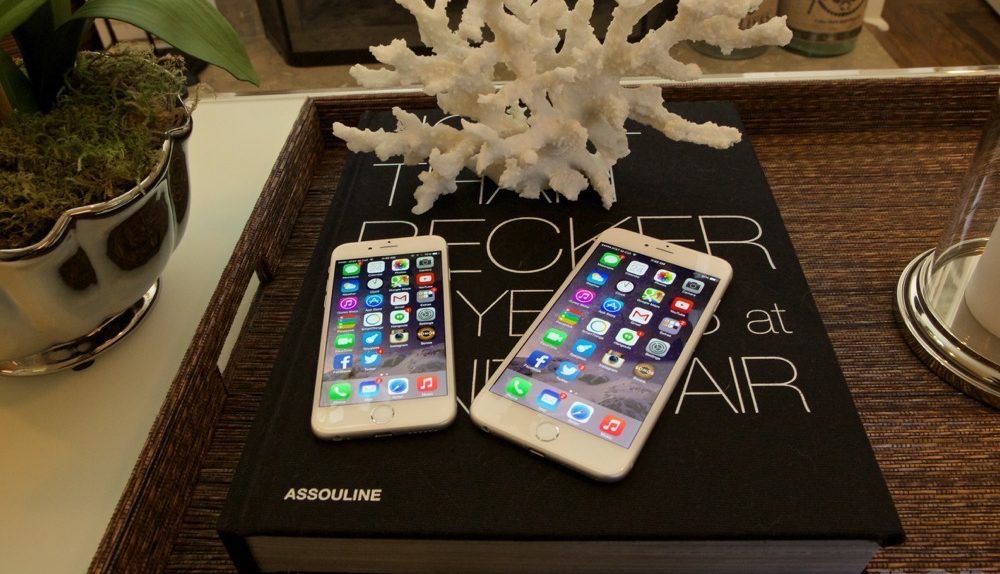Apple has mentioned more than once in the past few weeks its commitment to offering iOS 8 device users, including iPhone 6 buyers, better security and privacy. In the process, Apple also explained that it doesn’t hold the keys to iOS 8 data encryption — which is protected by the user’s PIN code — and therefore it can’t offer access to that encrypted data to law enforcement agencies. It turns out that Apple’s encryption is so good that law enforcement agencies are already criticizing it, and thus indirectly advertising this particular iOS strength.
According to Reuters, U.S. Attorney General Eric Holder on Tuesday said that officers shouldn’t be blocked from obtaining information needed for a crime investigation on Apple devices or Google handsets, as the Android maker has also committed to encrypting data by default starting with Android L.
“It is fully possible to permit law enforcement to do its job while still adequately protecting personal privacy,” Holder told the Global Alliance Against Child Sexual Abuse Online in a speech. Justice Department officials further added that Holder is simply looking for cooperation from the companies at this time.
Holder’s remarks come days after FBI Director James Comey revealed similar concerns with Apple’s recently released iOS 8.
“What concerns me about this is companies marketing something expressly to allow people to place themselves beyond the law,” he said.
Is there any better way to confirm that iOS 8’s new privacy features will work as advertised than by saying, as a government official, that the new software makes the job of law enforcement agencies all the more difficult?
On the other hand, even though iOS 8 is more secure than previous versions, researchers have found that iOS devices can still be hacked by law enforcement agencies and tracked online.
Tim Cook’s recent statements on Apple’s cooperation with law enforcement agencies revealed that Apple hasn’t been receiving that many requests in the first place. The exec said during a recent interview that Apple only got up to 250 requests from agencies to disclose information about its customers, even though it has well over 800 million customers using an iOS device. On its privacy website, the company further says that “less than 0.00385% of customers had data disclosed due to government information requests.”
Even though criminals may indeed take advantage of iOS 8’s and Android’s encryption in the future, that doesn’t mean either Apple or Google are actively promoting their devices to such kind of customers. In fact, had it not been for all those reports detailing the sophisticated mass data collection campaigns conducted by certain spy agencies that could apparently access any data on smart devices including computers and smartphones, companies such as Apple and Google might have not focused on increasing user data protection in such manners in the first place.




